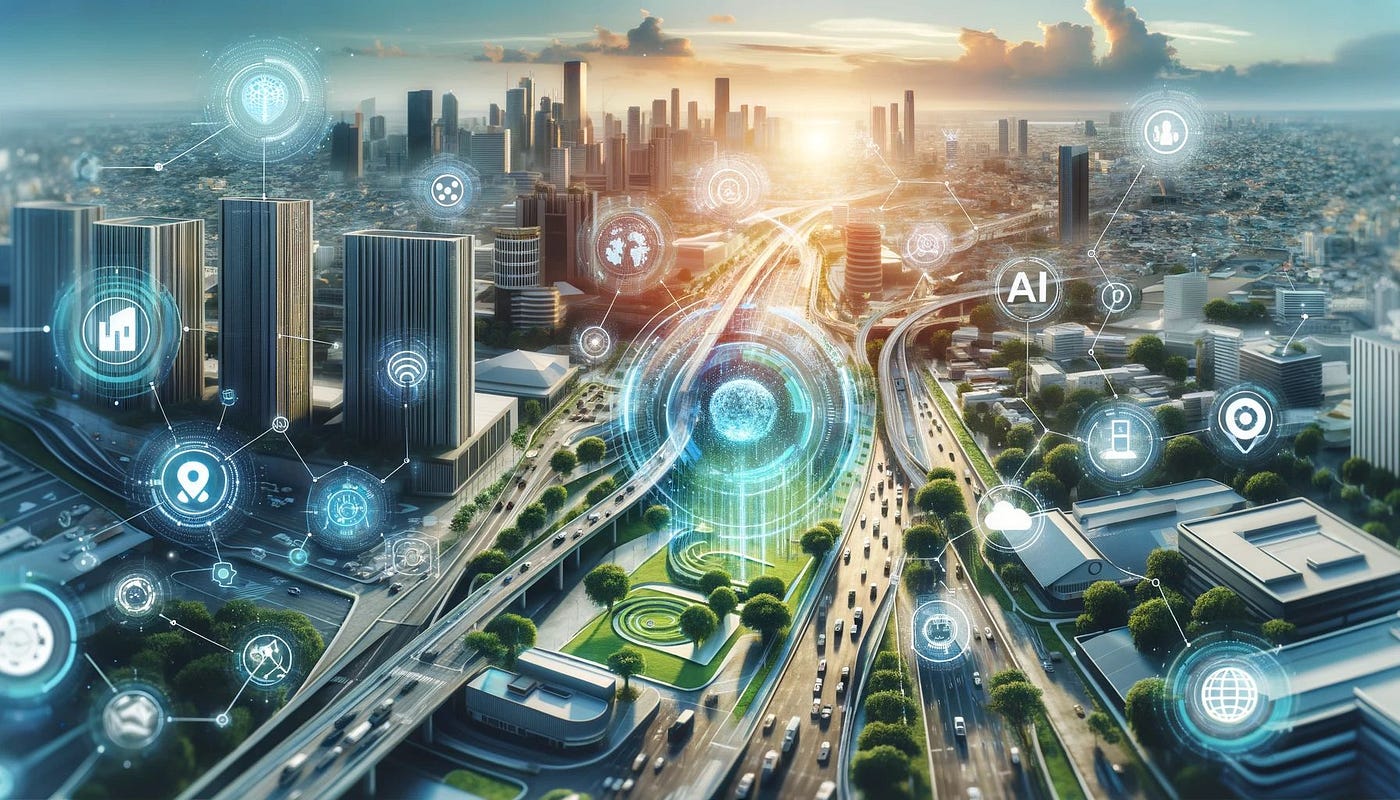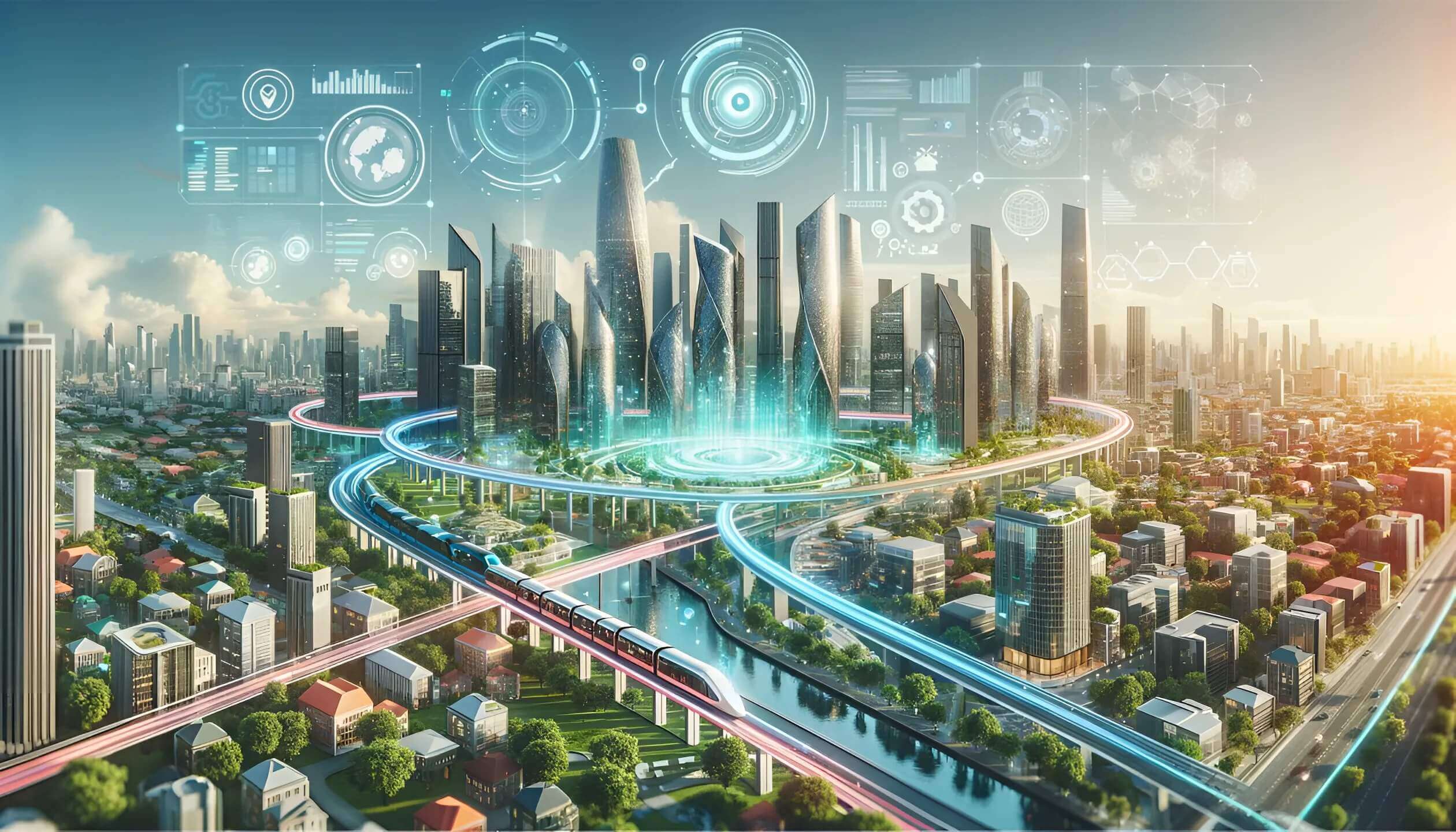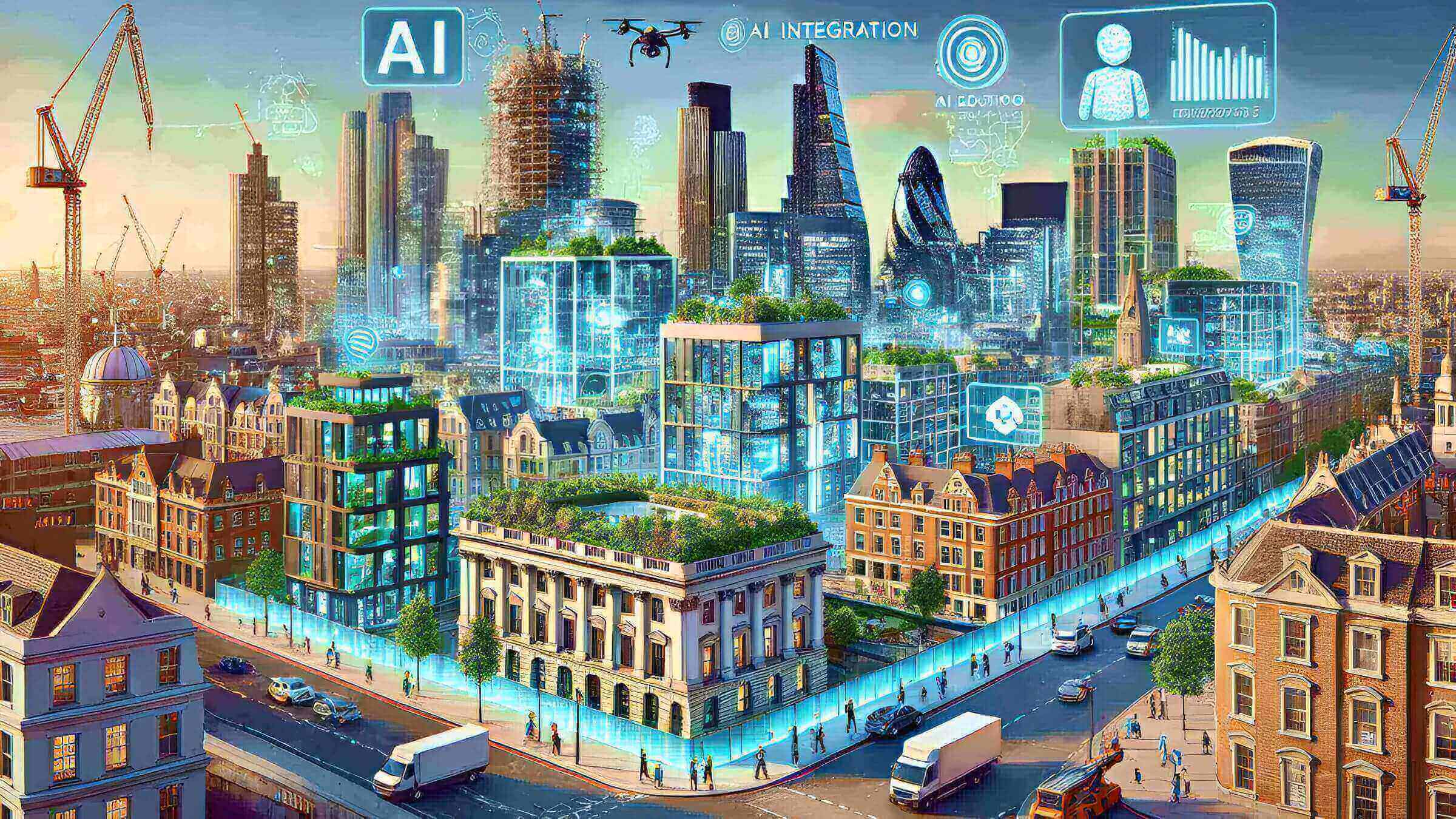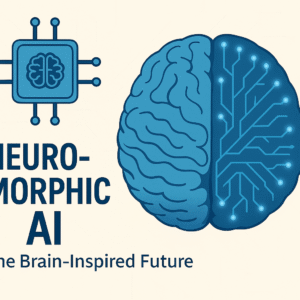AI-Powered Urban Planning: Shaping the Global Future
The emergence of AI-powered urban planning is revolutionizing how cities are designed and managed, creating smarter, more efficient urban environments. Cities like New York and London are leveraging AI to optimize traffic flow, energy use, and public services, setting a global benchmark. This innovative approach promises a sustainable future, benefiting residents and governments alike. This article explores how AI-powered urban planning is transforming urban landscapes, its case studies, benefits, and challenges.

AI tools are at the forefront of urban data analysis, processing vast datasets to improve planning. Machine learning algorithms predict traffic patterns, while AI optimizes energy grids by analyzing consumption trends. These technologies enable real-time adjustments, reducing congestion and waste. This application of AI-powered urban planning enhances decision-making for city officials.
In the US, New York City uses AI to manage its subway system, predicting delays with 85% accuracy. The city’s LinkNYC program employs AI to provide free Wi-Fi and collect data for urban insights. In the UK, London’s Smart London Plan integrates AI to reduce carbon emissions by optimizing traffic signals. These AI-powered urban planning initiatives showcase practical innovation.
Residents benefit from AI-powered urban planning through improved quality of life. Reduced traffic times save hours weekly, while smart energy systems lower utility bills. Public services, like waste collection, become more efficient with AI scheduling. These enhancements make cities more livable and attractive to new residents.
Governments gain from AI-powered urban planning by cutting operational costs. AI-driven traffic management reduces fuel waste, saving millions annually. Enhanced public safety through predictive policing also lowers crime rates. This efficiency supports long-term urban development and budget planning.

Challenges in AI-powered urban planning include high implementation costs. Initial investments in AI infrastructure can strain city budgets, requiring phased rollouts. Data security is another concern, as AI relies on sensitive resident data, risking breaches if not secured. Addressing these hurdles is critical for success.
Scalability of AI-powered urban planning varies globally. Developed cities like London can adopt advanced systems, while developing nations face funding gaps. International collaboration, such as sharing AI models, could bridge this divide. This global perspective ensures widespread benefits from the technology.
Privacy issues arise with AI-powered urban planning as data collection expands. Citizens worry about surveillance from traffic cameras and smart sensors. Transparent policies and opt-in systems can build trust, balancing innovation with individual rights. This ethical approach is vital for public acceptance.
Looking ahead, AI-powered urban planning will evolve with emerging technologies. By 10:30 PM +07 on Sunday, June 08, 2025, AI is integrating with IoT for real-time city management. Autonomous vehicles and smart grids may dominate future urban designs, promising a greener future. Explore our article on Future Tech Trends for more.

Economic growth is a key benefit of AI-powered urban planning. Smarter cities attract businesses, boosting local economies. Job creation in tech sectors also rises, supporting employment. These economic gains reinforce the case for investing in AI infrastructure.
Public participation enhances AI-powered urban planning effectiveness. Town halls and apps allow residents to suggest priorities, like park locations. This feedback loop ensures AI aligns with community needs, fostering inclusivity. Engagement strengthens the social fabric of smart cities.
Security measures are evolving to support AI-powered urban planning. Blockchain could secure data, preventing unauthorized access. Regular audits of AI systems ensure fairness and reliability. These advancements address privacy concerns, building confidence in urban tech.
In conclusion, AI-powered urban planning is shaping a smarter global future through projects in New York and London. Its benefits for residents and governments are clear, despite challenges like cost and security. As technology advances, this approach will redefine urban living.
For deeper insights, explore Forbes on smart city innovations and The Guardian on urban challenges.
👉 To explore the latest AI trends and technology, visit Digipay.site – The place to constantly update information about the future.


